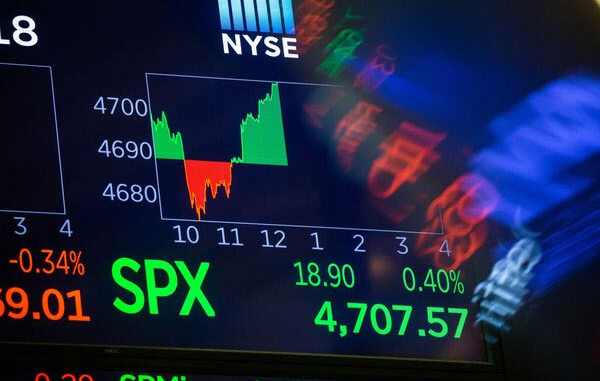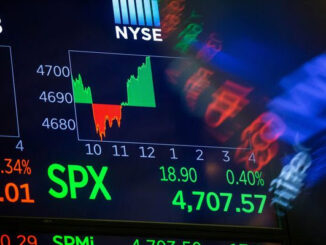
In a Reuters report Friday, business advisory firm BDO said that across the UK in September, retailers recorded the slowest sales growth since the initial reopening of stores following the COVID shutdowns.
According to the report, total like-for-like sales in September were up 2.8% from a year earlier as inflation played havoc on consumer’s pocketbooks. In August, that number was 3.6%, which was the previous low since Covid ended. Meanwhile sales growth slid down to 1.33%.
Sophie Michael, BDO’s head of retail and wholesale said of the numbers, “The actual performance for retailers may be even worse than these results suggest. With rising inflation, data suggests that the actual volume of sales is down significantly while it is higher prices that is driving the growth.”
BDO added, “Having spent significant sums refreshing their living spaces during COVID-19 lockdowns, many consumers are now likely tightening their belts and postponing bigger single purchases.” It noted that sales in the homewares sector dropped 6.3%.
As the energy crisis wracks Britain’s economy, consumers are having to contend with skyrocketing inflation, which is hitting them in the pocketbook and affecting their buying habits. As inflation continues its rise, hitting 9.9% in August, worker’s wages have failed to keep pace. As a result, consumer confidence has hit record lows.
The government attempted to put more money in consumer’s pockets with its recent “minibudget,” but it was received poorly, having fostered a perception that different parts of the government are working against each other as the government seeks to give people more money to spend, while the Bank of England seeks to combat the problem through tighter monetary policy. In addition, a spike in mortgage rates triggered fears of a housing collapse.
In response, many UK retailers, among them Tesco, Next, and Primark, all slashed their profit expectations.
The Daily Financial Trends



